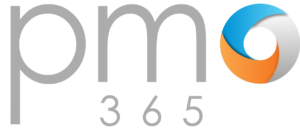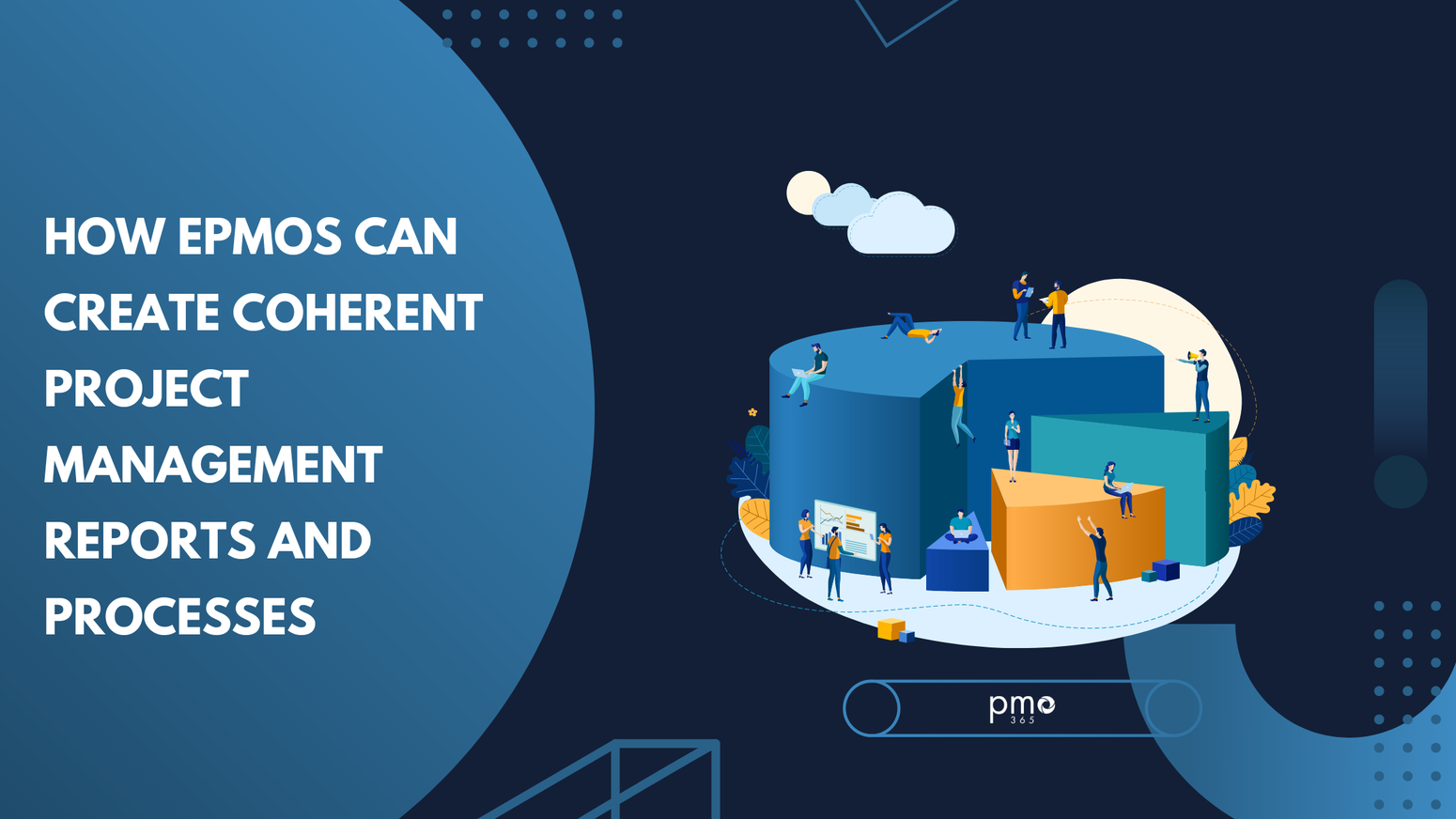As project management becomes more and more complex, so do project management software. Monday.com, one of the new solutions on the block, has gained a significant following since its release in 2012. How does it compare with the other solutions? This is our comparison: Monday.com vs Microsoft Project.
In this blog, we will give you an overview of both project management software solutions. We’ll compare their features, mention alternatives, and leave you the framework to determine which will best suit your organisation.
Let’s start with our comparison: Monday.com vs Microsoft Project.
An Overview
Monday.com
In the short ten years since its founding in 2012, Monday.com has become a widely popular and prominent figure in the project management software space. Monday.com is known for its sleek and simple interface, collaborative features, simplified visuals, and ready-made templates. A favourite feature is that Monday.com is web and mobile-based, which makes it highly accessible. Effectively, it’s an intuitive, spreadsheet-style task management program with additional features to help address your project management needs. Because of its mid-range pricing plans, it is best suited for medium to large businesses.
Microsoft Project
Created by software giant Microsoft in the 1980s, Microsoft Project is perhaps the most widely used project management software in the world. Microsoft Project is the benchmark for holistic project management software, mostly because of its level of detail and customisability. It revolutionised communication, resource management, time tracking, and road-mapping in the project management sphere. Additionally, as a Microsoft product, it seamlessly integrates with the countless powerful Microsoft tools and software within the Office365 suite. While the level of detail and scalability is a win, it can be costly to smaller businesses.
Monday.com Vs Microsoft Project: Features
Monday.com and Microsoft Project have a wide range of features. Our Monday.com vs Microsoft Project analysis will compare seven different features: Usability, reporting and metrics, collaboration, planning and task management, accessibility, integration, and pricing.
Usability
Monday.com takes the crown for its easy-to-use interface. With its streamlined layout and easy drag and drop features, users require little to no experience to handle the software.
On the other hand, users will need training to use Microsoft Project to its full capacity. For users who are not familiar with the Microsoft ecosystem, it can appear clunky and complicated. It doesn’t have the same sleek interface as Monday.com, which many project managers love.
Reporting and Metrics
Monday.com organises reports on projects through columns and boards (not to be confused with Kanban boards). These allow project managers to quickly overview tasks and their progress. However, these overview dashboards are critically missing timeline percentages. How critical timeline percentages are will largely depend on your organisation. Many project managers feel they are vital to having a grasp on the project’s progress.
Additionally, Monday.com does not come with a dedicated Gantt chart feature. It does enable a Gantt chart visualisation, known as Timeline view, but this feature has a greater focus on the dependencies between people over tasks.
While this is great for visualisation purposes, making active changes, re-organising task dependencies, and setting deliverables is a challenge. This is particularly problematic when working on more complex projects with interdependent tasks and mixed teams. On top of that, the timeline view is only available on premium packages.
On the other hand, Microsoft Project excels at visualisations and reporting. Because of its seamless integration with other Microsoft and partner services, Microsoft Project has detailed, configurable and accurate dashboards. These metrics consider a wide range of factors beyond singular projects alone. You can see individual task progress, as well as the overall schedule, expenses, and resource usage.
Additionally, its Timeline feature allows you to pair different projects and tasks onto a single timeline. To top it off, exporting these configurable dashboards with your own custom fields is simple. This ensures project managers can easily share metrics and simplify their reporting activities.
Collaboration
Monday.com has a board system, where project teams members allocate ownership to tasks, and can visualise their tasks and track progress. Communication is also centralised within the app. It has its own chat features, and document management system to ensure everyone is on the same page.
In Microsoft Project, team dashboards allow project managers to gain a critical overview of project activities. These dashboards are configurable to their team’s specific KPIs. File sharing is also simplified, with additional controls to ensure you and your client’s data always secure. Furthermore, Microsoft Project including individuals and teams both internally and externally easy. It does this without jeopardising the security of your data or solution. Finally, its seamless integration with Microsoft Teams ensures all your communication needs are covered.
Planning and Task Management
Monday.com is a great tool for task management, and they offer a free plan. It’s drag-and-drop assignment feature, checklist system and progress updates ensure project managers have a grasp on team progress. However, it does have some limitations in planning. It’s quite difficult to track time and expenses, mostly because there isn’t a sufficient Gantt chart tool. Monday.com’s appeal is it’s a people-centric tool. While it’s great at motivating people to get the task done, its planning of tasks is not fully optimised.
On the other hand, Microsoft Project excels at detailed planning, especially for projects that apply waterfall-based methodologies. MS Project allows you to allocate and manage tasks, and has different tools that integrate budgets, link up to resource planning tools, and allow for clearly defined task dependencies. It also comes with additional earned value analytic tools to help gain further real-time insight into project value. This wide range of capabilities allows Microsoft Projects to be a fully-fledged project management tool. It easily handles multiple projects and portfolios, instead of being limited to task management of single smaller projects.
Accessibility
Monday.com has great accessibility with desktop and mobile app versions available in multiple languages. However, it is important to note that the mobile app version has certain limitations. For example, previous versions of the time tracking column cannot be viewed or edited on mobile. You also lose several board views including files, map, workload, chart and form view. Finally, both your automations and widgets on your dashboard can only be viewed if they already exist in your desktop version.
While Microsoft Project does not have a specific mobile app version, its higher-level plans come with access to Project for the Web, Microsoft Project Online, and Project Online Desktop Client. These softwares allow for different levels of configuration and personalisation through API capabilities and customisable UIs.
Integration
Monday.com can integrate with various tools for project and customer relationship management, file sharing, and online payment ranging with apps like Stripe, Asana and the recent addition of Microsoft teams. With over 2000 app integrations available, Monday.com is a pro at integration.
As expected, Microsoft Project integrates seamlessly with other Microsoft products such as Outlook, Excel, Sharepoint and much more. With over 1 million companies and 1.2 billion users using Microsoft Office, none of those users will be missing out on critical data connectivity within their system. Additionally, Microsoft Projects can also integrate with other platforms such as Zoho Projects, Wrike, Planview and many more.
Pricing
Monday.com has five different packages ranging from free versions to full enterprise-level solutions. The price ranges from $10 per user/month for the Basic version and up to $20 per user/month for the Pro version. However, it is important to take note of the different inclusions with each package. You will find that many of the useful premium tools will come with the premium price tag as well.
Microsoft Project comes in three different subscription plans. Plan 1 comes with Microsoft Project Essentials (with limited features) and costs $10 per user/month. Plan 3 includes Project for the Web, Microsoft Project Online and Project Online Desktop Client at $30 per user/month. Finally, Plan 5, at a steep $75.50 per user/month, builds on Plan 3 with additional features such as portfolio selection and optimisation, portfolio selection, demand management and enterprise resource planning and management tools.
Conclusions
From this Monday.com vs Microsoft Project comparison, you would have noticed both have benefits and disadvantages to them. Which is the best fit for you organisation would depend on which of their features align with your needs.
While Monday.com may excel with its simplified UI and intuitive task management features, it may not be suited for large and complex projects. This is especially the case when these organisations require very specific features and configurations. Its lack of holistic integration of time and expense tracking also makes it impractical for program and portfolio management. While it may appear cheaper at first glance, the premium tools are only available through their more expensive packages.
Microsoft Project might not have the same level of UI, and does require training to use. However, its integration of different project management functions is unmatched. In addition, its detailed configurations, particularly for Gantt charts, make it particularly valuable for large scale waterfall-based projects.
Its price packages can seem unfriendly at first glance, however, these packages can be paired with your pre-existing Office365 subscriptions. Therefore, you can tap into a wealth of tools and applications such as Power Automate, Power BI and more, which take your project management activities to the next level.
Alternative Project Management Software options
If you’re interested in the level of detail of Microsoft Project and the simplicity of Monday.com, it’s worth looking into pmo365.
Off-the-shelf solutions like Monday.com often come with great features, but without the complexity that heavier-weight solutions have. And the premium tools you actually need, more often than not, end up coming with additional costs.
On the other hand, Microsoft Project on its own may seem limited. But, when it is used in conjunction with the full suite of Office365 tools, it can achieve unprecedented levels of detail, functionality and efficiency.
With pmo365, we build project management software solutions that specifically address what you need, when you need them. Instead of throwing premade software at your problems, we tailor a solution to meet your unique context, practice, and processes. You no longer need to be held back by limitations in integrations and external data connectivity.
Some benefits of pmo365 include:
- Personalised and customized applications built for your specific needs.
- Solutions built on your tenancy, so you are always in control of your IP.
- Integration with virtually any external source of data with Power Automate. Check out the full list of connectors here.
- Iterative deployment of your solution means we grow as you grow.
- Consolidating all your project management activities onto a single platform to give you a single-source-of-truth.
- Transparent, stress-free and no lock-in pricing strategy that gives you the most flexibility and control over your solution. Forget calculating individual licensing fees and subscriptions.
If you want to find out more about how pmo365 can help get the best of both worlds, make sure to read more about our services here or talk directly to our PPM experts!













